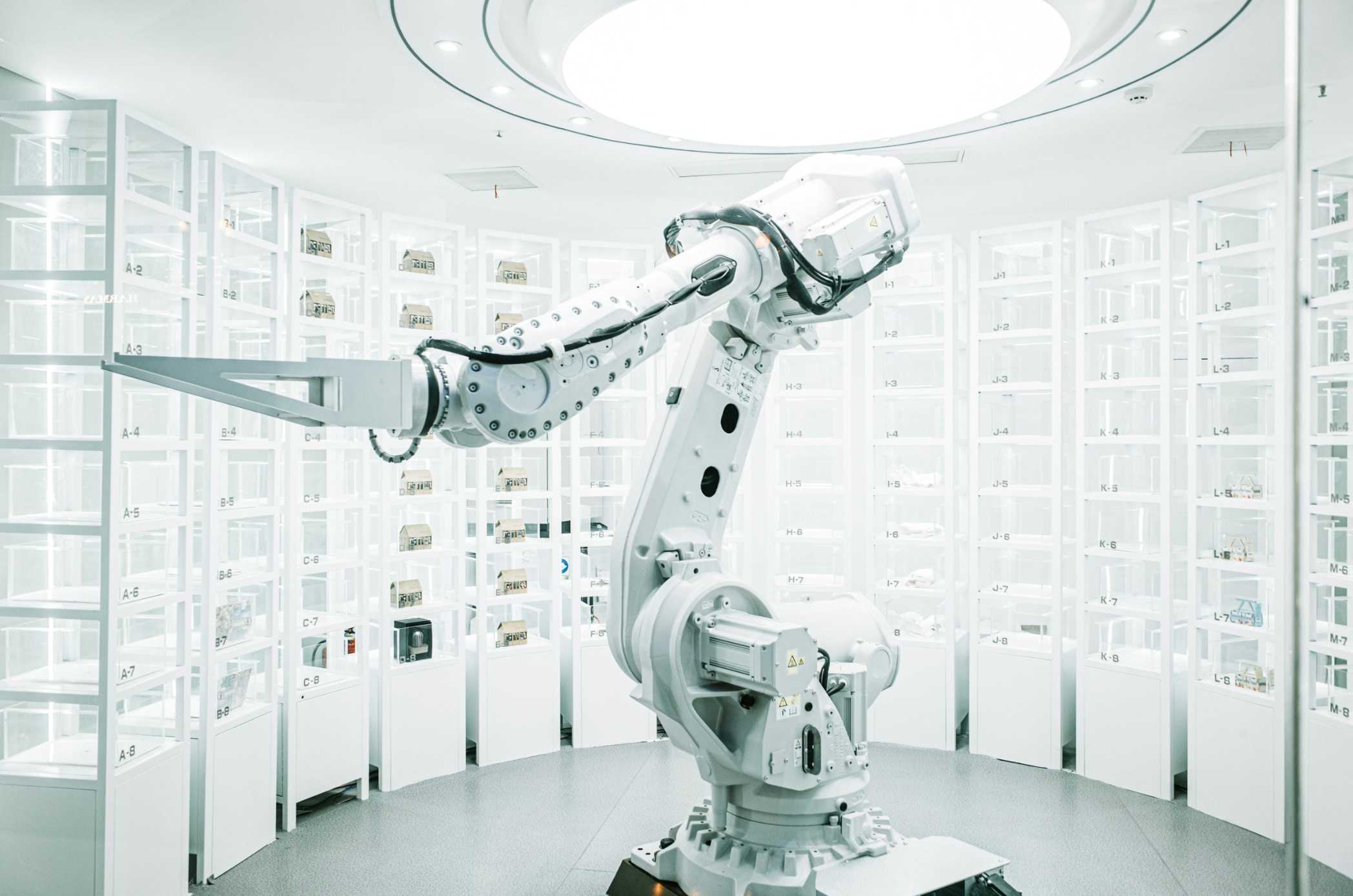What does Jack Dorsey think about Web3
Explore the perspective of Jack Dorsey, co-founder of Twitter and Block (formerly Square), on Web3. This guide covers his staunch Bitcoin maximalism, his.

Introduction: The Bitcoin Zealot
Jack Dorsey, the co-founder and former CEO of Twitter (now X) and the founder and CEO of Block (formerly Square), is one of the most prominent and uncompromising figures in the Web3 discourse. However, his vision is starkly different from that of many of his Silicon Valley peers. Dorsey is a staunch Bitcoin maximalist, believing that Bitcoin is the only cryptocurrency that matters and the only true path to a decentralized future.
This guide delves into Jack Dorsey's philosophy, exploring his fervent support for Bitcoin, his pointed critiques of the broader "Web3" ecosystem and its venture capital backers, and his efforts to build a new, decentralized internet standard on top of Bitcoin.
From Twitter to Block: A Journey Towards Decentralization
Jack Dorsey's career has been defined by his work on open communication and financial networks. At Twitter, he created a global public square. At Block, he built tools to empower small businesses and individuals to participate in the digital economy.
His journey into crypto appears to be a natural extension of this work. He sees Bitcoin as the next logical step: a global, open, permissionless monetary network that is not controlled by any single company or country. This belief has become so central to his thinking that he famously left his CEO role at Twitter in 2021 to focus more of his energy on Block and its Bitcoin-related initiatives. He even renamed the company from Square to Block to signify this commitment.
Core Thesis: Bitcoin is the Only "Web3"
Unlike venture capitalists like Chris Dixon who see "Web3" as a broad ecosystem of technologies including Ethereum, NFTs, and DeFi, Jack Dorsey has a much more narrow and critical view. For him, Bitcoin is Web3.
He argues that most of what is being called "Web3" is not truly decentralized. He believes it is a collection of centralized, venture capital-owned technologies that are simply masquerading as decentralized.
Critiques of "Web3":
-
Venture Capital (VC) Control: Dorsey's primary critique is that the "Web3" ecosystem is controlled by venture capital firms, particularly Andreessen Horowitz (a16z). He famously tweeted, "You don't own 'web3.' The VCs and their LPs do. It will never escape their incentives." He believes that because VCs are major equity holders in the companies building "Web3" infrastructure and hold large amounts of their tokens, these networks are not truly decentralized and will ultimately serve the interests of their financial backers, not the users.
-
A Different Boss: In his view, "Web3" is not a new paradigm but simply a rebranding of the old one. Instead of being controlled by companies like Facebook and Google, it's controlled by VCs. Users are still subject to the whims of a centralized group, just a different one.
-
Complexity and Centralization: He argues that the complexity of technologies like Ethereum and the various Layer 2 solutions built on top of it creates new points of centralization. The complexity makes it harder for average users to verify the system, forcing them to trust a smaller group of expert developers and infrastructure providers.
The Vision: A Bitcoin-Centric Internet
In place of the VC-backed "Web3," Dorsey advocates for a truly decentralized internet built on the most decentralized and secure protocol he believes exists: Bitcoin.
1. Bitcoin as the Native Currency of the Internet
Dorsey believes that the internet needs a native currency-a global money standard that is not beholden to any single country or corporation. He sees Bitcoin as the only viable candidate for this role due to its:
- Immaculate Conception: Bitcoin had no pre-mine, no ICO, and its founder, Satoshi Nakamoto, is anonymous and gone. This makes it a neutral and fair starting point, unlike many other tokens where insiders received large allocations.
- True Decentralization: It has the most decentralized and powerful mining network, making it the most secure blockchain. No single entity can control or censor it.
- Simplicity and Stability: The Bitcoin protocol is simple, robust, and changes very slowly. This makes it a stable and predictable foundation to build on.
2. "Web5": A Decentralized Identity and Data Layer on Bitcoin
To put his vision into practice, Dorsey's team at TBD, a subsidiary of Block, announced "Web5: The Decentralized Web Platform." The name itself is a pointed jab at "Web3" (Web2 + Web3 = Web5).
Web5 is not a new blockchain. It is a proposed set of open standards designed to give individuals control over their own identity and data, built on top of the Bitcoin blockchain.
- Decentralized Identifiers (DIDs): Web5 uses DIDs, a W3C standard, to allow users to create and control their own digital identities without relying on a company or government.
- Decentralized Web Nodes (DWNs): This is a personal data store where an individual can keep their own data. Instead of your data living on Facebook's servers, it lives in your DWN, and you grant applications permission to access it.
- The Role of Bitcoin: The Bitcoin blockchain is used as the anchoring layer for the identity system. It provides the ultimate source of truth and security for the DIDs, but it is not used to store large amounts of personal data.
The goal of Web5 is to create a web where you own your identity and your data, solving the problems that "Web3" claims to solve but doing so on an open, Bitcoin-native standard without creating a new token or VC-owned network.
Conclusion: The Uncompromising Maximalist
Jack Dorsey's role in the Web3 conversation is that of the uncompromising purist and Bitcoin maximalist. He acts as a powerful counterbalance to the hype and financialization of the broader "Web3" ecosystem. His critiques, particularly those aimed at the influence of venture capital, force the industry to confront difficult questions about what "decentralization" truly means.
While many dismiss his views as too narrow, his influence is undeniable. Through his work at Block and TBD, he is actively funding and building an alternative vision for a decentralized future-one that is anchored firmly to the principles and the protocol of Bitcoin. Whether you agree with him or not, Jack Dorsey's stringent and consistent philosophy makes him one of the most important and thought-provoking figures shaping the future of the internet.
Frequently Asked Questions (FAQ)
Q1: Why does Jack Dorsey support Bitcoin but not other cryptocurrencies? A1: Jack Dorsey believes that Bitcoin is the only truly decentralized and secure digital currency. He views other cryptocurrencies, especially those that had large pre-mines or ICOs, as centralized projects controlled by their founders and VC backers.
Q2: What is Jack Dorsey's main criticism of "Web3"? A2: His main criticism is that the ecosystem commonly referred to as "Web3" (largely built on Ethereum) is not actually decentralized. He believes it is owned and controlled by venture capital firms and that it will ultimately serve their interests, not the users'.
Q3: What is Web5? A3: Web5 is a project from Jack Dorsey's company, TBD, that aims to build a decentralized web platform. It is not a new blockchain, but rather a set of open standards for decentralized identity (DIDs) and personal data storage (DWNs) that uses the Bitcoin blockchain as its security and trust anchor.
Q4: Did Jack Dorsey create Bitcoin? A4: No. Bitcoin was created by the anonymous Satoshi Nakamoto. Jack Dorsey is the co-founder of Twitter and the founder of Block (formerly Square). He is a very prominent and vocal supporter of Bitcoin.
Q5: Why did Jack Dorsey change Square's name to Block? A5: The name change from Square to Block in December 2021 was intended to signal the company's growing focus on technologies like blockchain. The company now has several business units, including Square (for merchants), Cash App, Tidal, and TBD (which focuses on Bitcoin).


